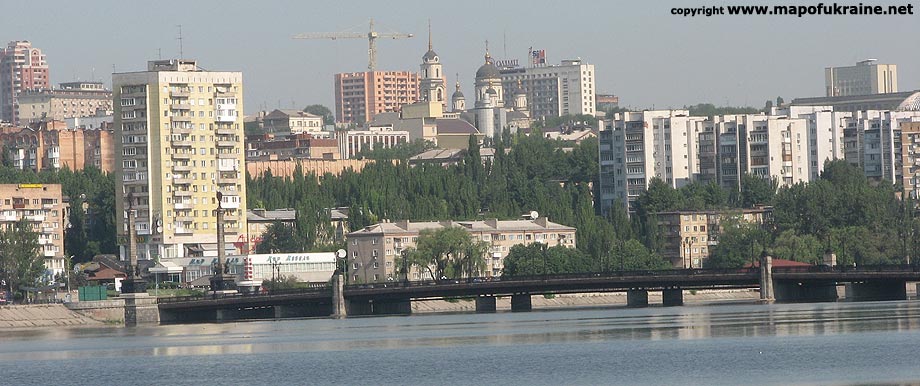
Language course
As Donetsk is mostly Russian speaking city we will provide volunteers with Russian language course.
During the first two weeks we will provide the group with Survival Russian Workshops, 10 workshops in total, in order ro let you learn simplest important phrases and to feel comfortable on the street, in the shop or in bus
Later - depends on level of the volunteers they will be suggested either to join group for beginners either tandem system (for those who already knows some Russian).
Group for beginners will provide volunteers with speaking Russian knowledge, during 9 months of project volunteers will attend 20 lessons.
Tandem system means that volunteer will be working individually with Russian speaking person on base of individual schedule, Volunteer will be asked to help Russian speaking person to improve his or her skills in native language of volunteer, and local person instead will help EVS volunteer with learning Russian.
Besides, mentors will be asked to help EVS volunteers with practicing of their Russian and preparation of home works.
It’s HIGHLY recommended to volunteers to learn Russian alphabet and rules of reading before arrival. It’s very important cause he you will see Cyrillic letters everywhere – on the shops, street names, menus in cafes, etc.
Basic Russian course (with pronunciation, useful expressions and exercises) you can find here: http://www.russianlessons.net/
Donetsk

Donetsk is a big industrial city in the south-east part of Ukraine. The city has around 1 mln inhabitants. It is the fifth-largest city in Ukraine. Donetsk lies in the steppe landscape of Ukraine, surrounded by scattered woodland, hills (slag heaps), rivers, and lakes. The northern outskirts of the city are mainly used for agriculture. The Azov Sea, 95 km south of Donetsk, is a popular recreational area for those living in Donetsk. A wide belt of farmlands surrounds the city.
Weather here varies a lot according to the season (from +30 during the summer, to –20-30 during the winter).
While the majority of people in central and western Ukraine speak Ukrainian, most residents of Donetsk are Russian-speaking Ukrainians and ethnic Russians.
The main forms of transport within Donetsk are: trams, electric trolley buses, buses and marshrutkas (private minibuses). It should be taken into consideration that transport system here is not really developed: there are no names of bus-stations on them, no schedule, maps of routs can be found in the busses, but not on the bus-stops. Taxies are very popular here, as they are very cheap and accessible.
Donetsk and the surrounding territories are heavily urbanized and agglomerated into conurbation. The workforce is heavily involved with heavy industry, especially coal mining. The city is an important center of heavy industry and coal mines in the Donets Basin (Donbas) and Ukraine.
After the fall of the Soviet Union, Donetsk and other neighboring cities of the Donbas suffered heavily, as many factories were closed down and many inhabitants lost their jobs. That is why DYDC works actively not only in Donetsk itself, but in small cities of Donetsk region with aim to improve situation there.
However, in spite of the difficult economic situation in Ukraine, Donetsk is a developing city.
Donetsk is a well-known educational location of the surrounding area, accompanied with several universities, which include 5 state universities, 11 institutes, 3 academies, 14 technical schools, 5 private universities, and 6 colleges.
The nightlife in Donetsk is quite active. We have lots of clubs, pubs and bars, many of which are made for students. It is possible to choose different music, style, menu and price. We have several cinemas in different parts of the city and also the theaters that offer the entertainment at higher cultural level.
The gastronomy (from fast food to restaurants) is well developed, diversified and easy to find at any time of the day and night.
